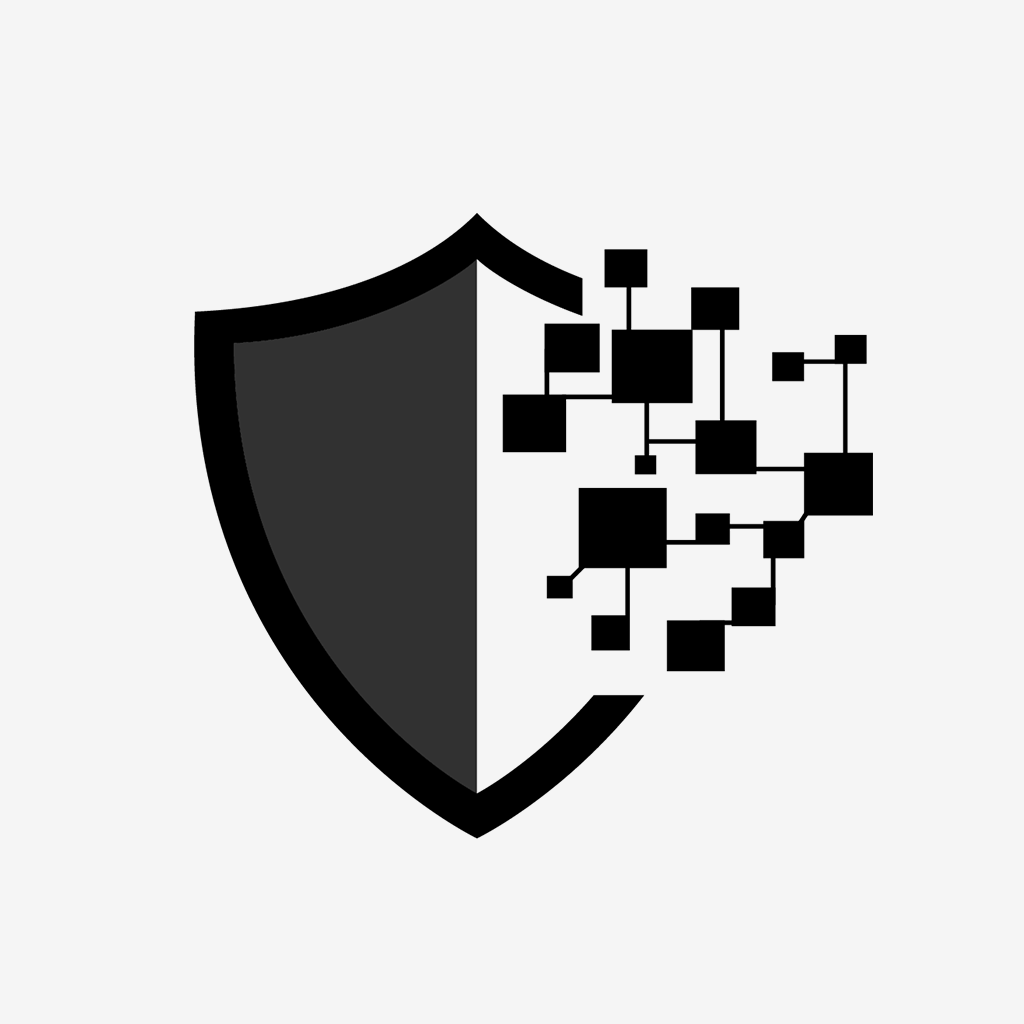
secondary title
Wallet Wallet
Wallet is a tool for managing private keys. There are various forms of digital currency wallets, but it usually includes a software client that allows users to check, store, and trade the digital currency they hold through the wallet. It is the infrastructure and important entry into the blockchain world.
secondary title

Cold Wallet Cold Wallet
secondary title
Hot Wallet Hot Wallet
secondary title
Public KeyPublic Key
secondary title
Private KeyPrivate Key
The private key (Private Key) is a string of data generated by a random algorithm. It can calculate the public key through an asymmetric encryption algorithm, and the public key can then calculate the address of the coin. The private key is very important as a password, hidden from all but the owner of the address. The blockchain assets are actually on the blockchain, and the owner actually only owns the private key, and has absolute control over the assets of the blockchain through the private key. Therefore, the core issue of blockchain asset security lies in the storage of the private key. The owner needs to do a good job of safekeeping.
secondary title
Mnemonic Mnemonic
secondary title
Keystore
Keystore is mainly common in the Ethereum wallet app (Bitcoin is similar to the Ethereum Keystore mechanism: BIP38). It is obtained by re-encrypting the private key through the wallet password. Unlike the mnemonic, it can generally be saved as text or JSON format storage. In other words, the Keystore needs to be decrypted with the wallet password to be equivalent to the private key. Therefore, Keystore needs to be used with the wallet password to import the wallet. When a hacker steals the Keystore, it is possible to unlock the Keystore by brute force cracking the Keystore password without the password. Therefore, it is recommended that the user set the password a little more complicated, such as bringing special characters, at least 8 characters, and store it safely. .

Due to the blessing of blockchain technology, the security factor of blockchain digital wallets is higher than that of other digital wallets. The most critical points are two points: anti-theft and anti-lost. Compared with the diversification of reasons for coin theft incidents, there are five main reasons for coin loss incidents: no backup, lost backup, forgotten password, wrong backup, and lost or damaged equipment. Therefore, when we back up a blockchain digital wallet, we must perform multiple and multiple backups of the private key, mnemonic, and Keystore to kill the risk of losing coins in the cradle. Finally, I will provide you with a summary from imTokenWallet security "ten principles":
Do not use unbacked up wallets
Does not use email to transfer or store private keys
Do not use WeChat collection or cloud backup to store private keys
Do not take screenshots or take photos to save the private key
Do not use WeChat, QQ to transfer private keys
Do not tell the private key to the people around you
Do not send the private key to the group
Do not use wallet apps from unknown sources provided by third parties
Not using an Apple ID provided by someone else
Do not import private keys to unknown third-party websites



